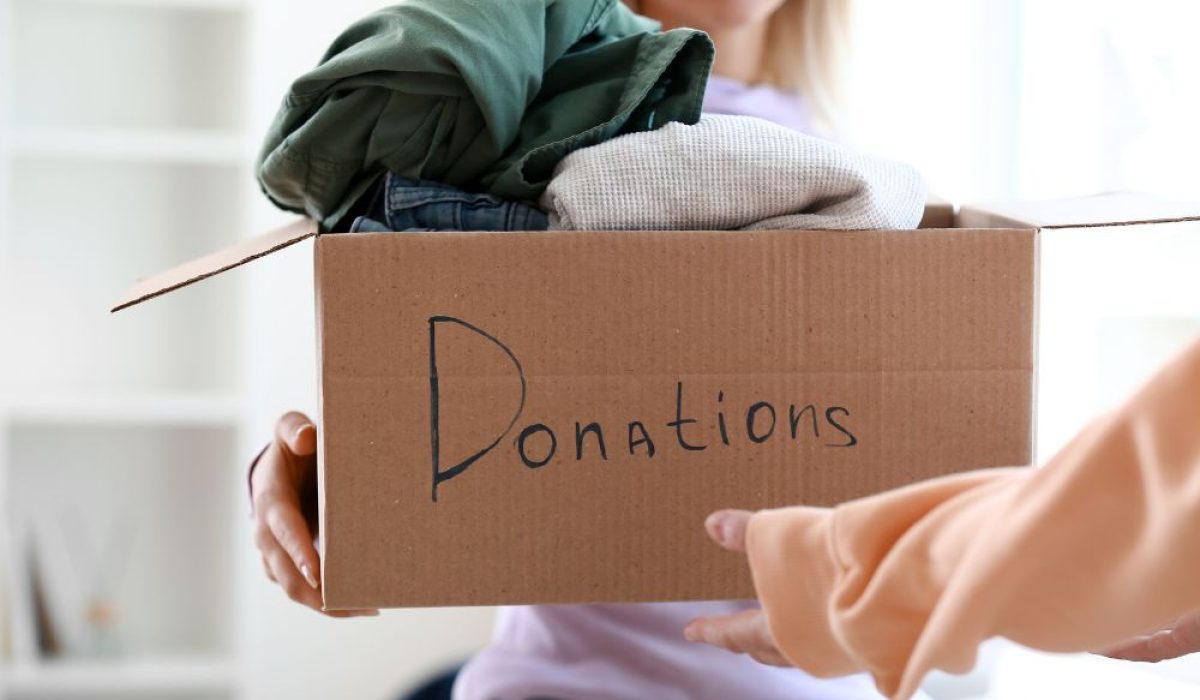There are many ways to help charities; one of the top examples is in-kind donations for the cause. But charitable organizations cannot take everything. Some organizations specialize in helping a certain segment of the community and only want certain items; others are broader but still reject select things. Discover the most common items accepted by charities in this informative post!
Money
It’s human nature to want to help others, especially those in our communities who need it most, and you can’t go wrong with a monetary donation. Unlike physical belongings, you don’t have to worry about the condition of this donation or whether it will be useful to someone. Plus, donating money helps provide non-profit organizations with the funds needed to continue their charitable programs.
Clothing
In most cases, buying new clothes isn’t cheap, but we all deserve the option of showing off our individual styles through the things we wear. Most charities accept a variety of gently used clothing, from formal attire to pajamas. Before giving garments away, you should inspect them for tears and stains, as organizations don’t take clothing that’s in poor condition.
Project B Green accepts various types of in-kind donation items, including clothing. We have several drop-off locationswhere you can bring the things you wish to give away to benefit one of their local partnered charities.
Accessories
Sometimes, it’s accessories that truly make an outfit unique. If you have items wasting space in your wardrobe, donate them alongside clothing. Accessories include common things like hats, gloves, bags, or jewelry.
Shoes
Shoes help protect our feet from the outdoor elements, but buying new shoes on a regular basis can get expensive. This is another item that most clothing charities are happy to accept. Just as you would with clothing, inspect the shoes before donating them; pay extra attention to signs of wear in the soles.
Charities don’t accept shoes that are significantly worn down because they aren’t useful to anyone. Try thinking of the clothing you donate as a hand-me-down. If it’s too worn to go to someone you know, it’s likely in too poor a condition to donate.
Books
Books are another commonly accepted donation item by charities partially because reading allows us to relax and learn, regardless of whether the story is fiction or non-fiction. Sort the books on your shelf and determine which ones you’d like to pass on to someone else to enjoy. Decide which stories you don’t intend to reread and place those books into a pile for donation.
If you have children, sort through their bookshelf together. Since kids grow fast, it’s only natural that they will outgrow old books. Work as a team to decide which ones they can part with, then donate them so that another child can enjoy them.
If you don’t know whether a charity will take the items you want to donate, ask the organization you plan to give to. These organizations strive to make your community a better place for everyone and are always happy to collaborate with their generous donors.


2 Comments